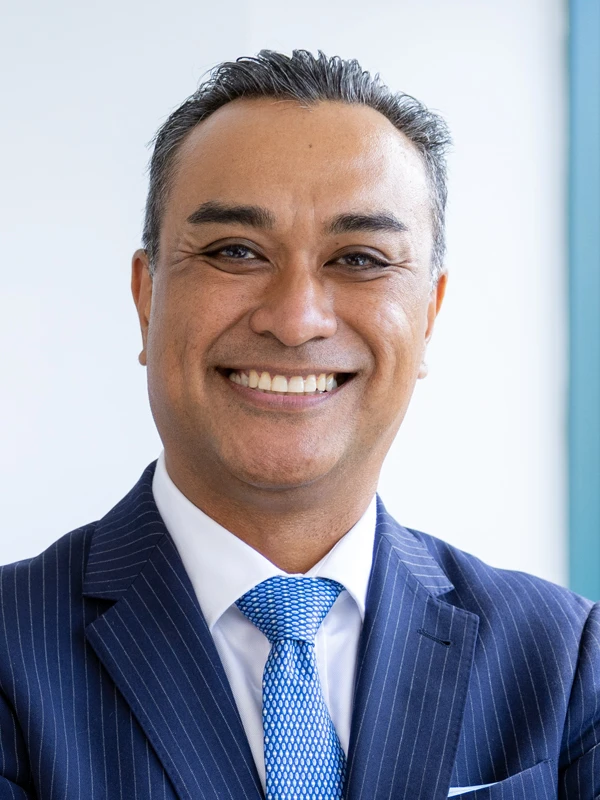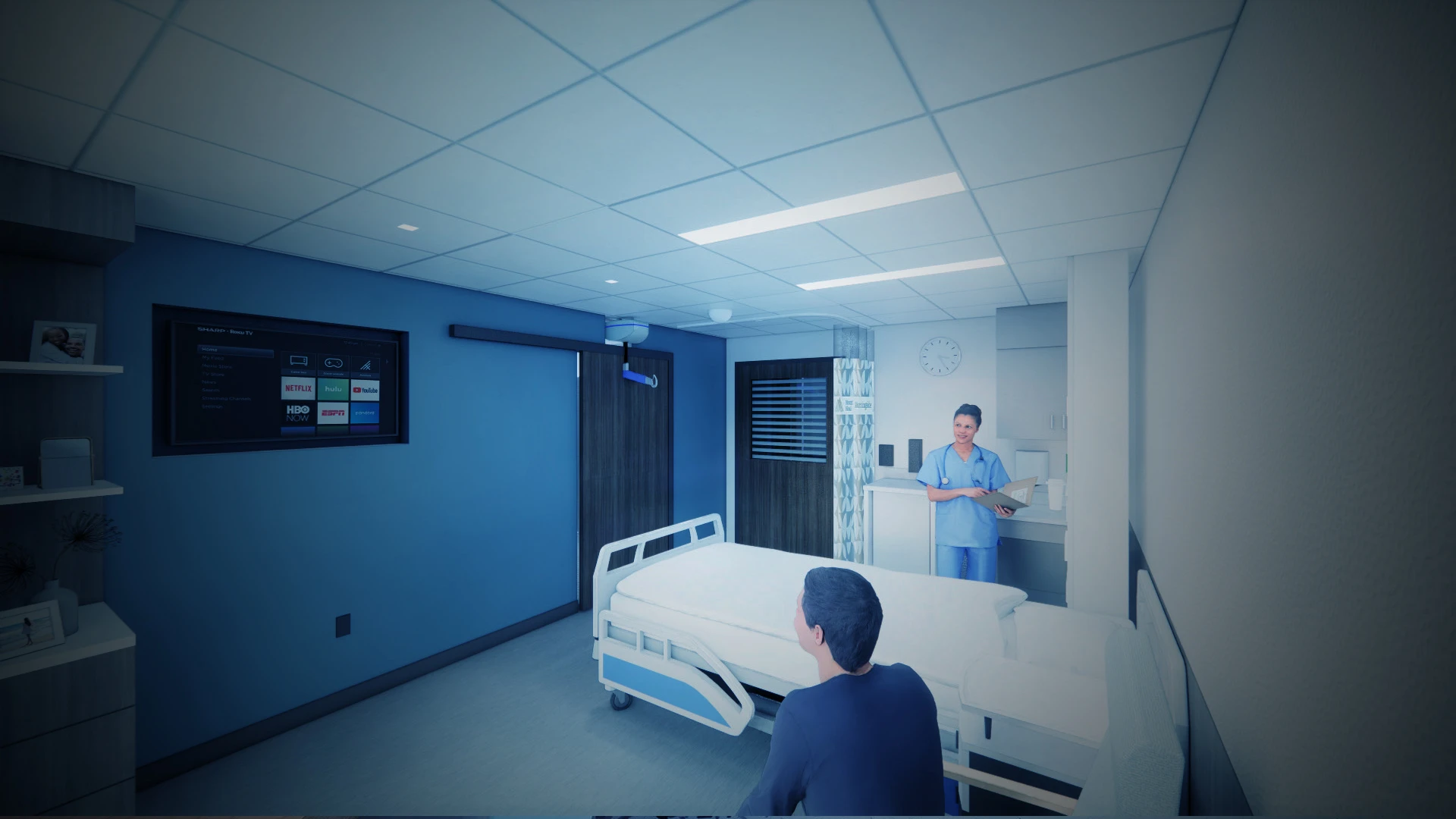The Department of Rehabilitation Medicine and Human Performance at Mount Sinai is relocating from The Mount Sinai Hospital to a newly renovated space at Mount Sinai Morningside. The move will modernize the department’s facilities, enhancing its ability to provide pioneering treatments and lead innovative research in rehabilitation medicine.
“We’re already a magnet for patients who come to us from across the country and around the world. They come here because of our experts and our reputation,” says Joseph Herrera, DO, the Lucy G. Moses Professor in Rehabilitation Medicine and Chair of Rehabilitation Medicine and Human Performance for the Mount Sinai Health System. “This new facility will give us even more space to expand our innovation and research portfolio to stay on the cutting edge.”
Upgrading the department’s facilities has been a goal for Dr. Herrera since he became Chair in 2016, as the facilities had not undergone a major renovation since the 1990s. The relocation, scheduled for July 2024, became official in 2022. Following a $35 million investment, the department will boast greater capacity and updated facilities.
Every aspect of the new inpatient unit will be overhauled with patient comfort and safety in mind. Old linoleum tiles will be replaced with warm wooden flooring, and seamless integrated lighting help create a welcoming atmosphere. The nurses' station will be updated with digital signage for better patient monitoring, and wider halls allow the use of mobility-assisting equipment.
The move will increase the total number of academic beds from 50 to 65. The increase in academic beds also allows for the residency program to expand, from 8 residents per year to 10.
In the previous space, no ceiling lifts were available. The new space will feature lifts in every room, making it easier and safer for nurses to move patients as needed. The new rooms will also be larger, enabling staff to more easily transfer patients into large power wheelchairs or robotic exoskeletons used for rehabilitation therapy. The facility will include a new gym as well.
The renovation also includes technology upgrades, such as new digital displays in each room that connect to a central scheduling hub for therapists. “Patients in our rehab units are required to have three hours of therapy a day, which can include physical, occupational, and speech and language therapy. The displays will allow patients to see their daily schedule at a glance, streamlining the process for patients and staff,” Dr. Herrera says.
The new rooms now feature digital displays that connect to a central scheduling hub for therapists and patient services. The larger rooms allow for use of robotic wheelchairs, and also have video-monitoring capabilities, crucial for patient safety.
The digitally equipped “smart rooms” will also have video-monitoring capabilities, crucial for patient safety in a no-restraint facility. The department does not use physical restraints to restrict patients who are agitated or moving in unsafe ways. “So we rely on video monitoring to keep our patients safe,” Dr. Herrera says.
Every detail of the new space is based on the best considerations for patients. The design will avoid bright colors, which can be overstimulating for someone with a brain injury. Floors will have a matte surface since shiny, reflective flooring can be distracting and dangerous for people with disabilities. “A patient’s recovery environment is just as important as the treatment procedures and therapies,” Dr. Herrera says. “We’re paying close attention to the details and incorporating input from all the providers on the team, including nurses, physicians, and therapists.”
The new facility will have dedicated space for research and innovation. Previously, researchers worked in small, repurposed office spaces. The lack of a large space meant devices like large robotic exoskeletons had to be tested in hallways and other common areas. “We pilot many innovative tools that are not yet on the market, such as exoskeletons and virtual and augmented reality systems. Having more space for research will allow us to continue to lead in those emerging areas,” Dr. Herrera says.
The gym facility will see a large upgrade, with over double the footprint of the existing one. The new space will boast of multiple balance bars, treadmills, and other therapy equipment, compared to the existing space.
The Mount Sinai Hospital was one of seven hospitals nationwide to be recognized by the Dr. Joanne Smith Memorial Rehabilitation Innovation Centers Act. This bipartisan bill, enacted in January 2023, preserves access to designated Rehabilitation Innovation Centers under the Medicare program. The legislation directs the U.S. Department of Health and Human Services to disseminate best practices and lessons from those facilities, and The Mount Sinai Hospital’s designation will move with the department to Mount Sinai Morningside.
The department has also been designated by the National Institute on Disability, Independent Living, and Rehabilitation Research as a Traumatic Brain Injury (TBI) Model System and a Spinal Cord Injury Model System. Mount Sinai is the only center in New York and one of just nine in the United States to have model system designations for both TBI and spinal cord injury care.
Featured

Joseph E. Herrera, DO, FAAPMR
Chair, Rehabilitation and Human Performance; Lucy G. Moses Professor of Rehabilitation Medicine
